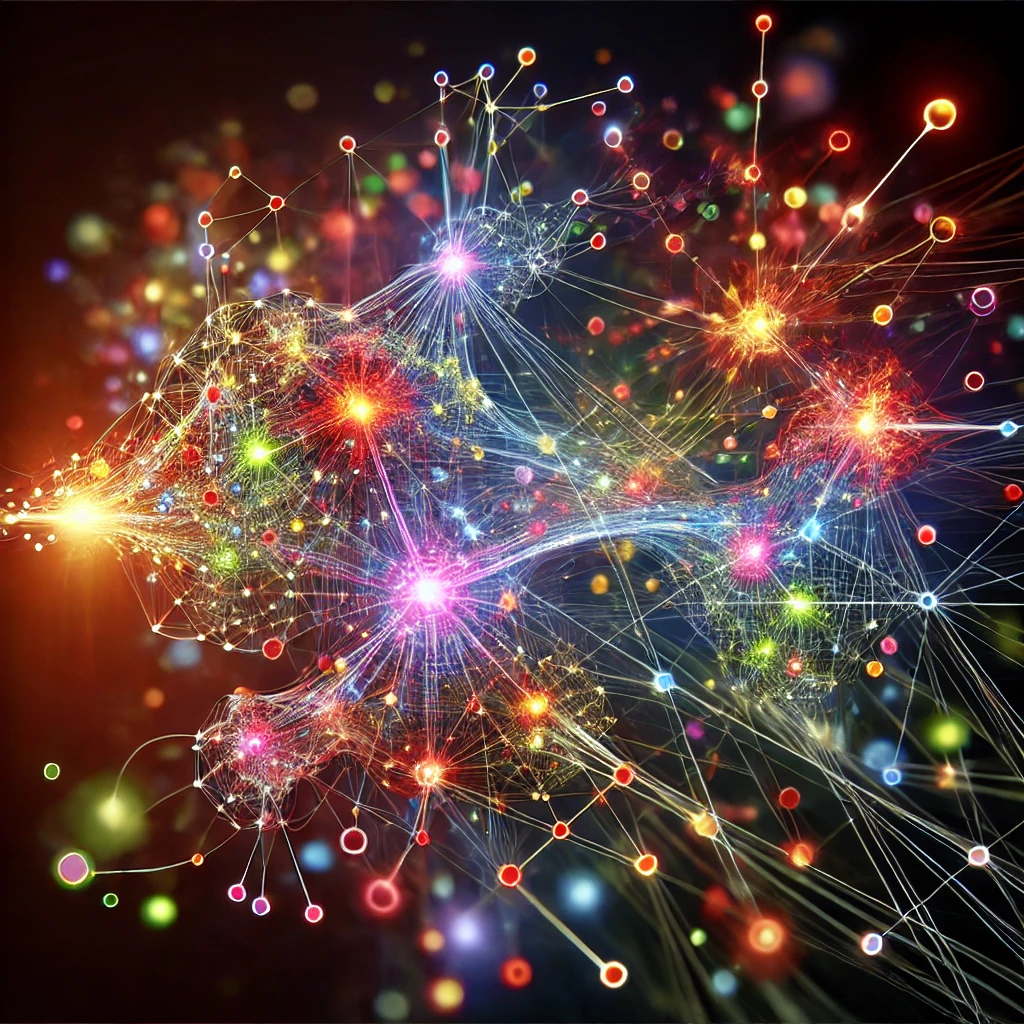
What is Catastrophic Forgetting in Machine Learning?
Catastrophic forgetting occurs when a machine learning model, particularly a neural network, forgets previously learned information after being trained on new tasks. This phenomenon arises because neural networks update their parameters during learning, which can overwrite the knowledge gained from earlier tasks. While this is a well-known issue in the realm of continual learning, where AI models must learn tasks sequentially, it can severely hinder the performance of AI systems in real-world applications.
Why is Catastrophic Forgetting a Problem?
In traditional machine learning, models are trained on a fixed dataset, and once training is complete, they rarely need to learn new tasks. However, in continual learning scenarios, the model must retain knowledge from earlier tasks while adapting to new ones. For instance, imagine training an AI to recognize both cats and dogs. After additional training to recognize birds, the AI might “forget” how to recognize dogs altogether. This is catastrophic forgetting, and it poses a significant challenge in developing robust AI systems that can learn over time without losing prior knowledge.
Strategies to Combat Catastrophic Forgetting
Regularization Methods:
These involve adding constraints to the model’s parameters, ensuring that important information from previous tasks is retained. For instance, Elastic Weight Consolidation (EWC) is one popular technique that reduces the model’s flexibility on parameters crucial to earlier tasks.
Replay Methods:
Replay methods work by revisiting old tasks during new training sessions. One example is the experience replay technique, which stores a subset of old data and periodically retrains the model on it to reinforce prior knowledge.
Progressive Networks:
This involves building a new neural network for every new task while maintaining the previous networks for older tasks. These networks are connected to transfer knowledge while protecting against forgetting.
The Importance of Overcoming Catastrophic Forgetting
For AI models to succeed in complex, real-world applications, they must adapt to new data without losing the knowledge they previously acquired. Overcoming catastrophic forgetting is crucial for applications such as self-driving cars, which need to continually learn new scenarios while remembering past environments, or in healthcare AI systems that must retain patient history as new information becomes available.
Catastrophic forgetting is a significant challenge in machine learning, especially in environments where models must continually learn and adapt. Strategies like regularization, replay methods, and progressive networks offer promising solutions to this issue. As AI technology advances, effectively mitigating catastrophic forgetting will be essential for creating models that are adaptable, efficient, and reliable.


